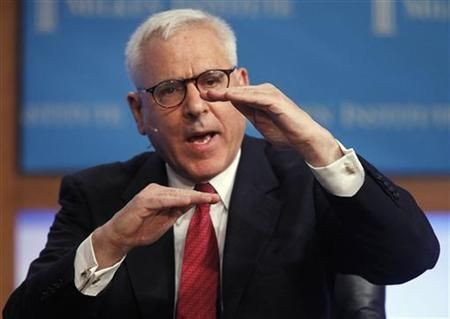Carlyle Group Puts $7B Price Tag on Itself, Less Than Expected

Closely held private equity giant The Carlyle Group estimates its value at around $7 billion for an upcoming initial public offering, the Wall Street Journal reporte, a conservative assesment that takes into account some recent developments in the private equity and IPO worlds.
Citing people familiar with the matter, the Journal reported late Sunday the company would be selling investors on 30.5 million shares, a 10 percent stake in the company, and pricing shares somewhere between $23 and $25 each. Those figures mean management believes the Washington-based company is worth between $7 billion and $7.6 billion, less than half the market-cap of competitor The Blackstone Group LP (NYSE: BX).
Various analysts have noted that announced price, which was confirmed in an SEC filing on Monday, might be depressed due to a recent underwhelming offering by Oaktree Capital Group LLC (NYSE: OAK). Oaktree failed to sell out its new shares during the company's first day of trading on the New York Stock Exchange Thursday, and has seen its newly minted stock fall substantially in value since then. The general environment for public offerings is considered somewhat fragile at the moment, having recovered from a disastrous state near the end of 2011.
Various news reports also suggested Carlyle's relatively-low self-valuation might be part of a strategic effort to boost stock price performance in advance of future stock issues. The current public offering will not see any of the company's employees or major shareholders sell shares. But a monster, oversubscribed offering with relatively high "pop" -- or first-day paper gains -- could set a positive precedent for future scenarios when these stakeholders do decide to cash out. It might also be an effort to change the current market paradigm that values private equity firms at low multiples over book value.
"These are difficult companies to pay a big multiple for," Dan Veru, chief investment officer at Pallisades Capital Management, told Bloomberg. "It's always easier to raise the price if there's substantial demand rather than lower it."
© Copyright IBTimes 2025. All rights reserved.





















